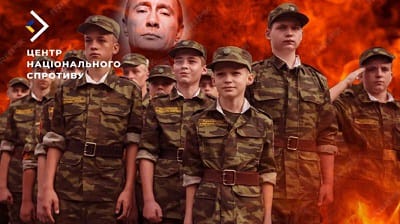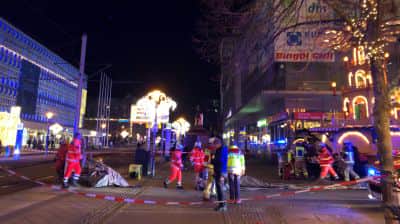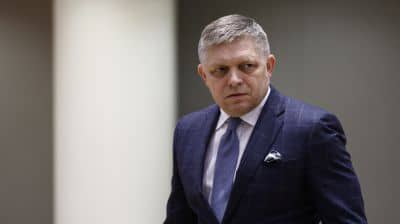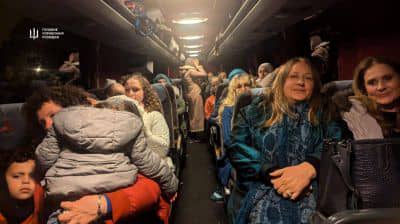Russia's transition to war economy could help it win in several years – The Telegraph
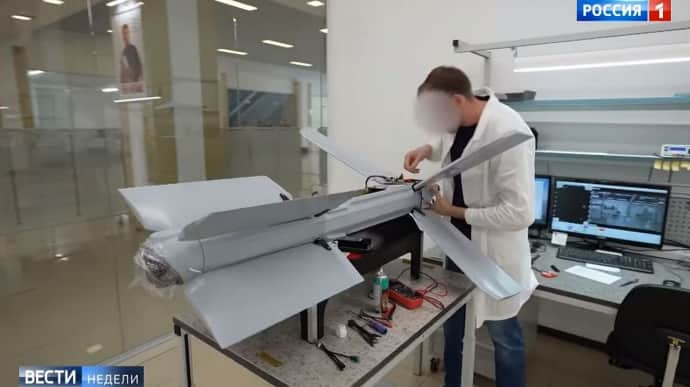
Russia’s transition to a war economy could give it a material advantage in the war against Ukraine if the West fails to keep up with manufacturing weapons at the same pace, given Russia’s intention to continue fighting for at least 3-4 years.
Source: The Telegraph, a UK newspaper, citing sources and open data analysis
Details: The Telegraph reported that "as Moscow turns bakeries and even classrooms into tools to ramp up weapons production, NATO is struggling to keep up".
For example, the former Italmas shopping mall in Izhevsk is now serving as a drone manufacturing facility, where Lancet drones that are deployed on the battlefield in Ukraine are produced.
"It is one of a clutch of shopping centres, bakeries, and other civilian infrastructure to be turned into arms factories since Russia launched its full-scale invasion of Ukraine in 2022. Russians have also been called upon to work six-day weeks and volunteer in factories as part of an intensified war effort. There is even footage from Russian TV which appears to show Russian children learning to assemble munitions parts in workshops," The Telegraph said.
A Western official told The Telegraph: "We’re currently in a scenario where Russia is spending 40 per cent of GDP on this war – that’s more than health and education."
"It is a statistic that the collective West is struggling to match. Over time, defence experts warn, it could give Russia the overwhelming materiel superiority to win the war in Ukraine. And while the urgency of the situation is widely recognised behind the scenes, Western governments are simply not keeping up," The Telegraph wrote.
The Telegraph also said that the secrecy cloaking Russia’s defence industry and Russian officials’ tendency to exaggerate statistics for propaganda purposes make it difficult to accurately assess the scale of Russia’s transition to a war economy.
"But almost all experts agree it is real, dangerous, and well under way," The Telegraph reported.
Official data suggest that Russia has increased its military spending from 2.7% of its GDP in 2022, to 3.9% in 2023, and up to 6% (or about a third of all government spending) in 2024. However, the actual figure could be much higher, The Telegraph said.
In a December report to the Russian parliament, Russian Defence Minister Sergei Shoigu said that in 2023, Russia produced 1,530 tanks and 2,518 armoured combat vehicles. Shoigu said this represents a 560% increase in tank production since February 2022. Production of infantry fighting vehicles increased by 360%, and armoured personnel carriers by 350%.
The Telegraph said, however, that this would only be enough to replenish Russia’s losses on the battlefield, not to expand its capability.
The article went on to say that Russian production is unlikely to provide enough materials to launch a major offensive in 2024. Over the past two years, Russia has suffered too many losses to create a reliable offensive force. But the Kremlin is thinking beyond 2024.
"They are talking about mobilising their defence industry over the next three years, which implies they are looking to fight the war for at least three to four years. We are at a moment where the Russians are vulnerable because production does not meet their demands. But they will turn a corner," a defence insider told The Telegraph.
If the West does not act, The Telegraph wrote, "Ukraine may lose the war. And what comes after that, no one knows – but there have been some alarming signals from Moscow about further land grabs in Europe."
Support UP or become our patron!
